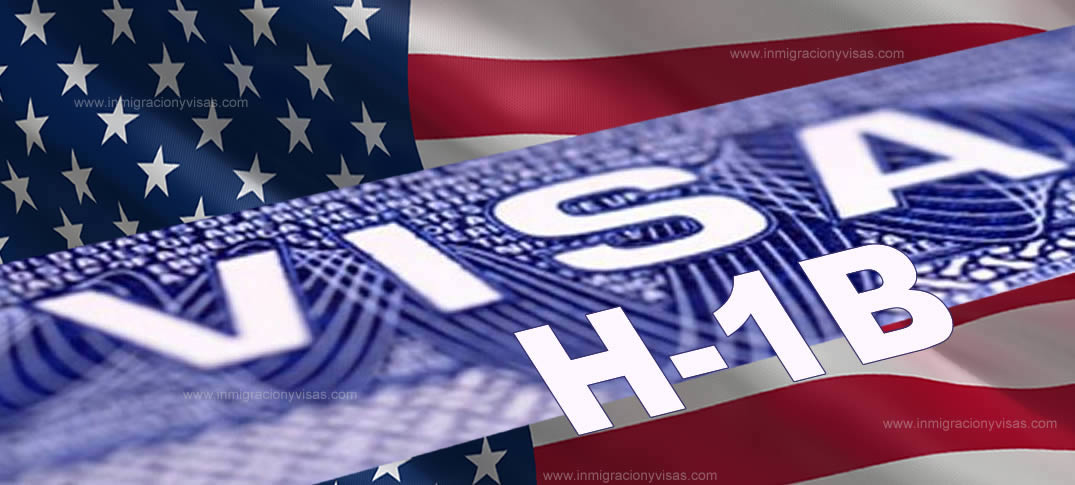USCIS Denial Rates For H-1B Petitions Have Quadrupled

By Walter Ewing www.immigrationimpact.com//
The Trump administration, acting through U.S. Citizenship and Immigration Services (USCIS), is disrupting the process by which U.S. employers obtain work authorization for highly skilled foreign professionals.
According to a report from the National Foundation for American Policy, these changes are affecting how often H-1B petitions are denied and the length of time it takes to adjudicate them. The administration is doing this absent any changes in the law by Congress and is circumventing the federal rulemaking process. The report finds that, between Fiscal Year (FY) 2015 and the first three quarters of FY 2019, denial rates for H-1B petitions for “initial” employment for new employees have quadrupled from 6% to 24%. Denial rates for H-1B petitions for “continuing” employment (mostly for existing employees) also quadrupled from 3% to 12% over the same period.
There was a slight increase in the number of petitions approved in the third quarter of 2019. But the report explains this as a matter of timing—it’s likely that adjudicators at USCIS were approving the least difficult H-1B cases first among those selected in the April 2019 lottery. The increase, therefore, was not the result of any change in the Trump administration’s policies.
USCIS is also issuing Requests for Evidence (RFEs) for a much greater share of “completed” cases than in the past. The purpose of an RFE is to ask for additional evidence of eligibility.
In the first quarter of FY 2019, for instance, RFEs were issued for 60% of completed cases, compared to the historical average of 20%. RFEs delay the adjudication of cases and impose up to $4,500 in extra legal expenses on employers.
Most employers will not invest the time and money in an H-1B petition unless they are reasonably certain that the intended employee will qualify. This makes it even more suspect that the government is denying nearly one-quarter of all H-1B petitions and issuing RFEs in such a large number of cases.
What the Trump administration is trying to do—through agency memoranda and other policy changes—is increase the difficulty of success for any H-1B petition.
The report also points to other research which demonstrates that restrictive H-1B policies don’t automatically free up jobs for native-born workers.
Rather, such policies motivate companies to relocate operations abroad to locales where it is easier to gain access to high-skilled workers. This translates into a net loss of employment, business, and innovative capacity within the United States.
Under the Trump administration, USCIS is undermining the U.S. economy by foreclosing the employment of many qualified workers upon whom U.S. industries depend. In the final analysis, this only serves to shrink the job market for all high-skilled workers, both native-born and foreign-born.
No hay comentarios:
Publicar un comentario